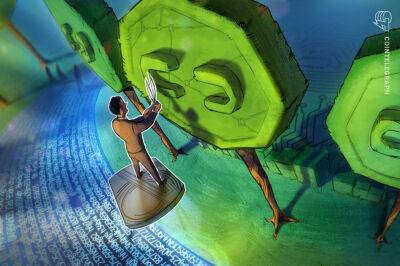Cultural relevance essential to business today, says Tiffany boss
Cultural engagement is a high-risk strategy but worth pursuing because relevance is now essential to business, the boss of the jewellers Tiffany says, as an exhibition celebrating the brand’s heritage in popular culture opens in London.
Alexandre Arnault, the son of Bernard Arnault, is a member of the LVMH dynasty, which bought Tiffany for $16bn (£12bn) last year. He recently faced controversy when a 128-carat diamond worn by Beyoncé in advertising for the brand was revealed to have a problematic origin as a blood diamond.
The singer, who was the first black woman to wear the diamond, faced a backlash for wearing the gem, which was discovered in Kimberley in what is now South Africa in 1877.
“Luxury brands used to communicate in a very authoritarian way. You could put a brand on the back page of Vogue and say, this is who I am. Now that people can share and comment, we know that our point of view won’t work for everyone.
“But we can’t get so scared that we don’t do anything exciting. Tiffany has been part of pop culture for 185 years and we plan to continue with that for ever, whether that’s with Beyoncé, or with [Korean pop star] Rosé,” Arnault said.
An exhibition which opens at London’s Saatchi Gallery on Friday 10 June shows how moments in pop culture have become the crown jewels of the Tiffany brand. Audrey Hepburn window-shopping in a little black dress in the iconic Hollywood film, Christmas cards designed by Andy Warhol, and Emma Raducanu playing grand slam tennis in a Tiffany cross necklace have all been central to Tiffany’s success.
Images of Grace Jones in the “bone” cuff bangles fashionable in the 1970s, and of Diana, Princess of Wales photographed at Wimbledon in a suite of gold jewellery in the 1990s illustrate
Read more on theguardian.com


















